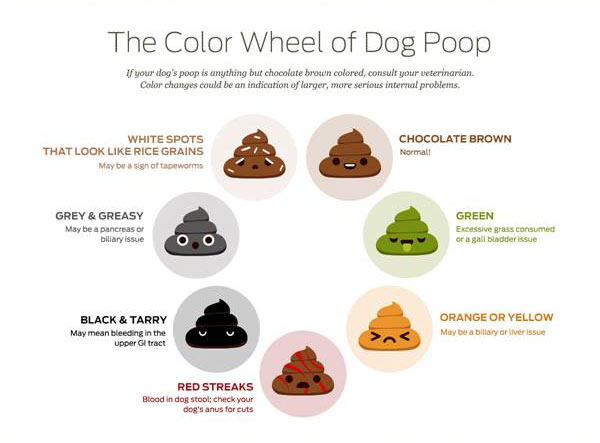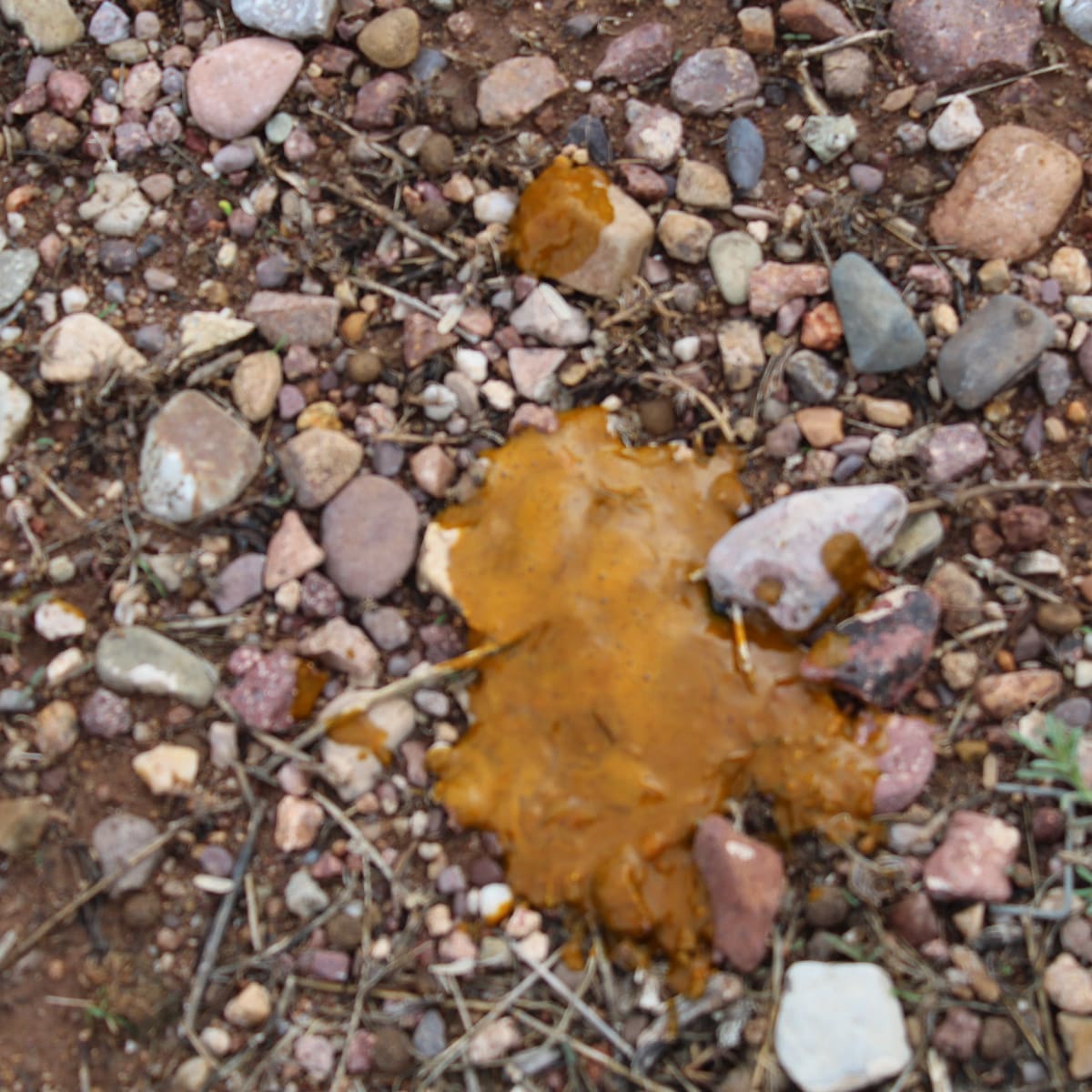
Diarrhea with mucus among dogs can be due to various reasons. It is a common condition that is a sign or symptom of other diseases or issues rather than a disease itself.

It is important to take your pooch to the vet if you suspect they have IBS as it is sometimes difficult to determine whether it is this or something more serious.
My dog has diarrhea with mucus. Your dog has diarrhea. Both vets say when mucus is accompanied by diarrhea its something that could warrant a trip to the vet. When your dog has diarrhea that persists longer than 24 hours and is accompanied by mucus in the stool you should go see your vet says Hammer.
Any part of the stool is changing. What does it mean when a dog has diarrhea with mucus. Too much mucus in the stool most often means there is excessive inflammation in your dogs colon and this condition is called colitis.
The colon is the last part of the intestinal tract that stool travels through before it exits a dogs body. When should I be concerned about my dogs diarrhea. My dog has had diarrhea for almost 1 week and needs to go to the bathroom every 2 hours.
The discharge contains mostly mucous. Hi thanks for your email. Frequent diarrhea that is primarily mucous is most often from the large intestine referred to.
Acute Hemorrhagic Diarrhea Syndrome AHDS When a dogs stool contains a lot of blood and mucus often described as looking like raspberry jam AHDSalso known as hemorrhagic gastroenteritis may be to blame. Treatment includes supportive care anti-nausea drugs fluid therapy and antibiotics. Diarrhea with mucus among dogs can be due to various reasons.
One of the most common is stress. When your dog is suffering from intense anxiety or extreme stress its digestive tract may release more mucus than normal. Similarly the inflammatory bowel disease usually causes mucus in the dogs stool.
Therefore when your dog is diarrhearing with mucus in its feces you should take the dog to the nearest pets specialist to examine and administer adequate medication. The dog has foul smelling diarrhea for 5 days. For example small intestine diarrhea is usually larger in volume but less frequent and rarely speckled with blood or mucus.
On the other hand large intestine diarrhea is smaller in volume more frequent and bloody or tainted with mucus. What to Feed a Dog with Diarrhea. Feeding a dog with diarrhea is in fact much simpler than it sounds.
Top Causes of Dog Diarrhea Many things can disrupt this well-balanced system causing diarrhea or less frequently constipation. Some things like eating too much grass are not serious at all. In some dogs small amounts of blood can appear alongside diarrhea and mucus however this is relatively normal and should not cause any panic.
It is important to take your pooch to the vet if you suspect they have IBS as it is sometimes difficult to determine whether it is this or something more serious. Diarrhea is the term used when your dog passes non-formed loose or watery stool more often and in larger amounts than they would normally defecate. It is a common condition that is a sign or symptom of other diseases or issues rather than a disease itself.
The treatment for excessive mucus in your dogs stool will depend on the underlying reason for it. Parasites and infections may need to be treated with parasiticides and antibiotics. Probiotics and special diets may need to be consumed and the inflammation in the intestines may need to be addressed with steroids.
If your dog is having mucus in their stool along with a change in stool consistency blood in the stool or change in appetite its best to reach out to your vet for further care. My Dog Has Loose Stool With Mucus. Loose stool with mucus can be a sign that your dog is struggling with some form of GI upset.
Colitis is an irritation and inflammation of the large intestine in dogs responsible for 50 percent of diarrhea in dogs. Real causes of colitis can be different but what is common for all is mass production of mucus in order to fight the inflammation. During stress whole organism is working hard especially GI system and during stress colon can get inflamed.
My dog has Diarrhea but acts fine. Some owners think My dog has diarrhea but is acting normal and take the situation lightlyBut diarrhea can be a symptom of more severe ailments. If your furry friend is acting normal he has possibly gotten used to an illness he has had for a while.
It is usually caused by stress diet changes or sometimes the cause is not determined. The wall of the colon becomes inflamed and seeps mucous and blood. Medications are usually necessary to prevent the situation from worsening.
What does it mean when a dog has diarrhea with mucus. Too much mucus in the stool most often means there is excessive inflammation in your dogs colon and this condition is called colitis. The colon is the last part of the intestinal tract that stool travels through before it exits a dogs body.
There are many reasons why a dogs stool would have blood or mucus. An upset stomach from eating bad food. Inflammation of the colon colitis Internal parasites such as roundworms A viral infection like parvovirus A bacterial infection.
An intestinal foreign body. Stress has the same effect on the intestines in dogs as in humans causing diarrhea and increased mucus production and the presence of smaller or larger amounts of blood can occur. If the dog swallows a foreign object it is necessary to check whether obstruction is present and whether it can defecate normally.
My dog has mucus and blood in her stool diarrhea and is a little lethargic maybe dehydrated but nothing else. Should we take her to the vet. Im sorry to hear that.
It could be an infection. The Veterinarian will know what to. My dog had pink mucus in her stool today.
It was very slimy. We noticed some green mucus and diarrhea yesterday. In the past 2 days we have noticed that she has had an increase in smelly gas.
She hasnt had a change in her diet. There are many different reasons why a dog will come down with gastroenteritis. It happens when the gastrointestinal system becomes irritated.
This could be due to bacteria or a parasite. Diarrhea and vomiting are two of the more common symptoms of canine gastroenteritis. In some cases your dog may throw up a yellowish fluid if the stomach is empty.
My dog also has diarrhea with mucus. I have a 105 year old German Shepherd. Approximately 2 months ago he started having bouts of diarrhea.
It would last for several days and then his stool would form solid again. He would be fine for 5 days to a week and then the same thing occurred. This cycle has continued until now.